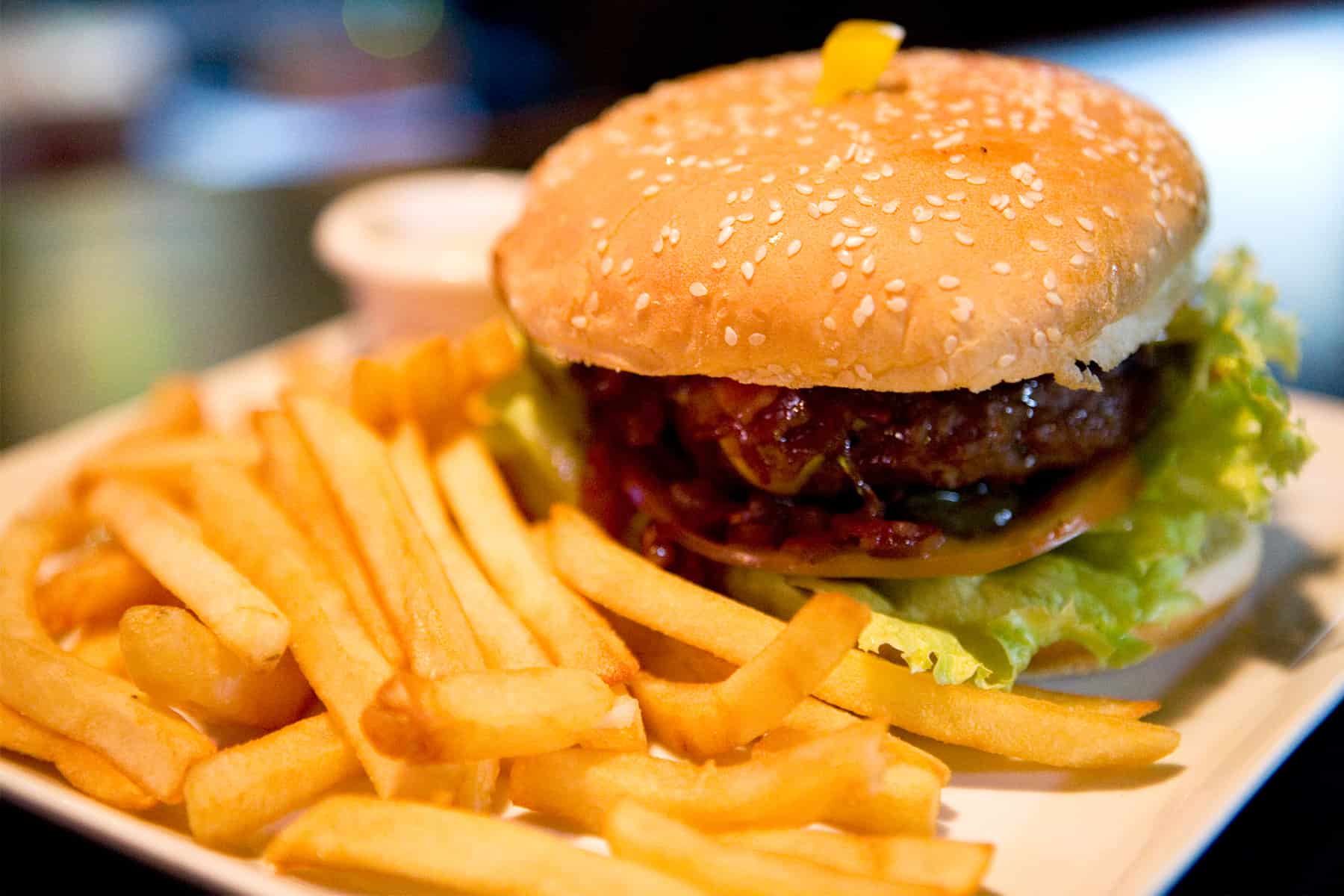Officials from Costa Rica’s Social Security System, or Caja, on Tuesday reported the agency will allocate just over ₡3 trillion ($5.5 billion) of its budget for covering public health care expenses and pension payments in 2016.
That figure is 8.5 percent higher than what was invested this year, so the agency is evaluating new revenue sources that could include a new tax on soft drinks and fast food, chief financial manager Gustavo Picado Chacón said.
A proposed bill for the new tax likely would be submitted for approval next year, but Picado noted that officials are aware the idea of taxing food is not going to be an easy sell.
“We know that the immediate reaction of most people will be to oppose [the new tax], but we also know it can have a positive effect, not only on our finances but also on public health,” he said.
Mexico implemented taxes on soda and junk food in 2013 to the applause of public health advocates. On the soda side, preliminary results have shown an increase in the price of sugary drinks, a decrease in purchases of such drinks and an increase in purchases of bottled water.
In Costa Rica, two separate studies released earlier this year found that Ticos’ eating habits are heavy in consumption of industrially processed foods and drinks, including an alarming amount of sodium among children.
Picado said the Caja’s current funding model is strongly focused on mandatory monthly contributions made by workers and employers, representing just over 80 percent of its total income.
That means any increase in unemployment figures directly affects the agency’s finances, “so it is imperative for us to find further income options, and one of those is taxes that have been successfully implemented in other countries,” he said.
Costa Rica in 2012 passed an anti-smoking law that among other regulations set taxes on every cigarette sold. Collection of this tax in recent years has provided the Caja with about ₡22 billion ($40 million), the agency reported.
Related: Costa Rican diet includes too much salt, processed food, experts say






